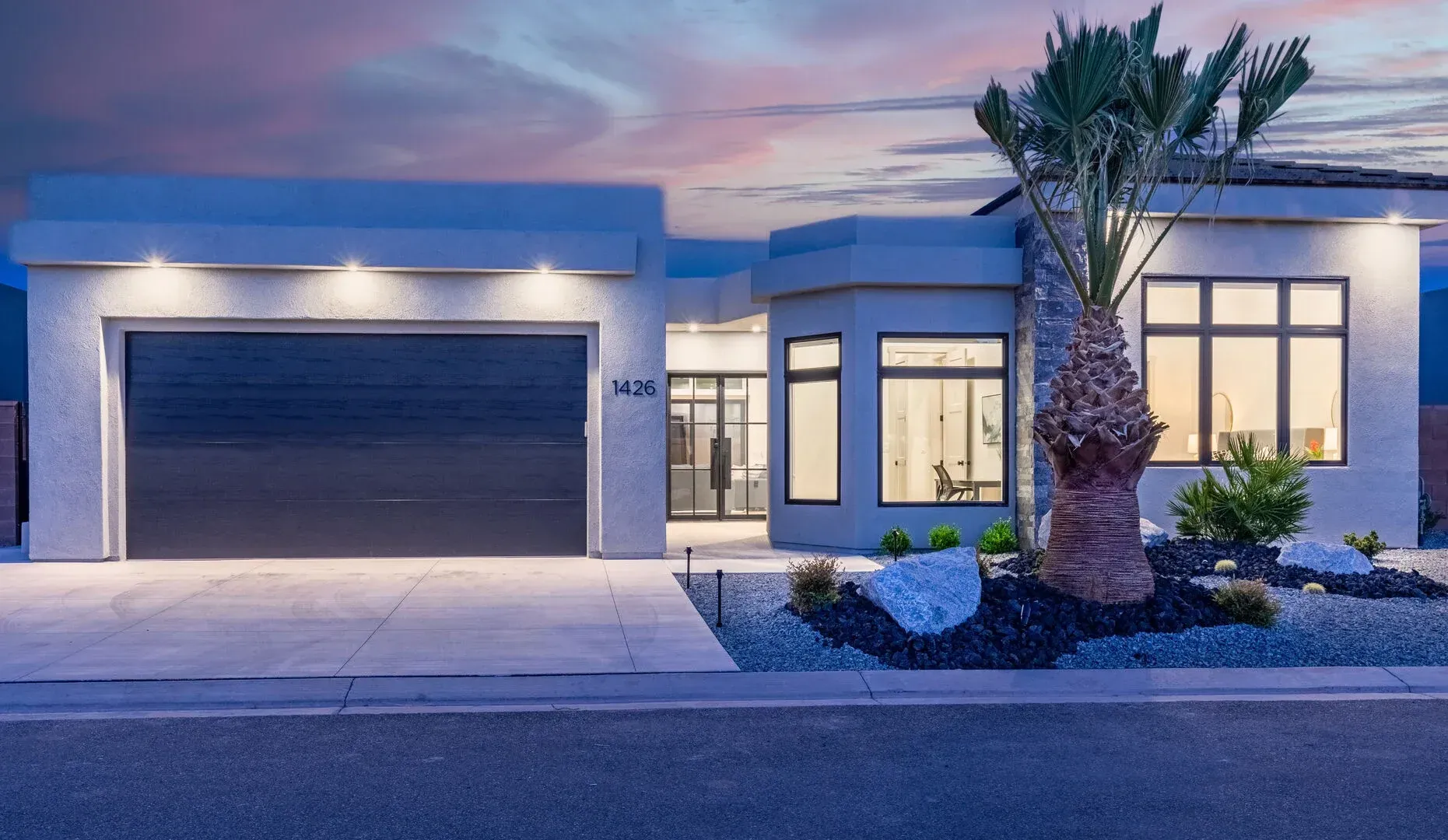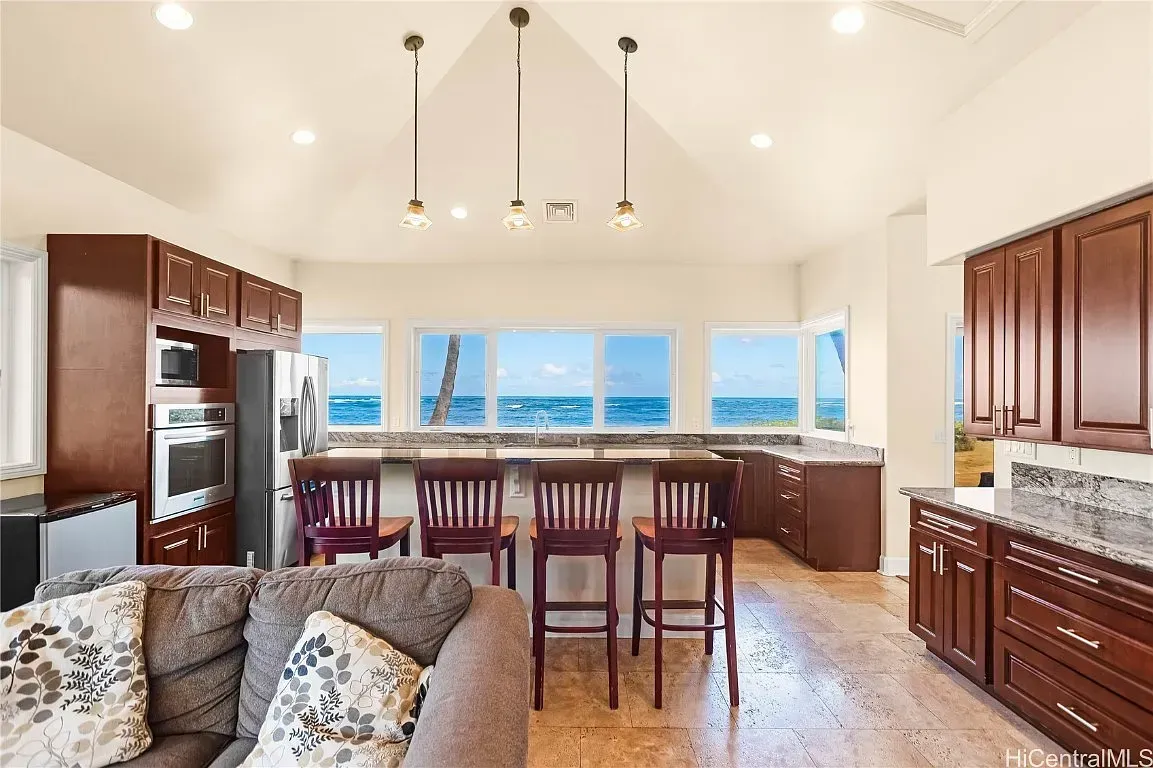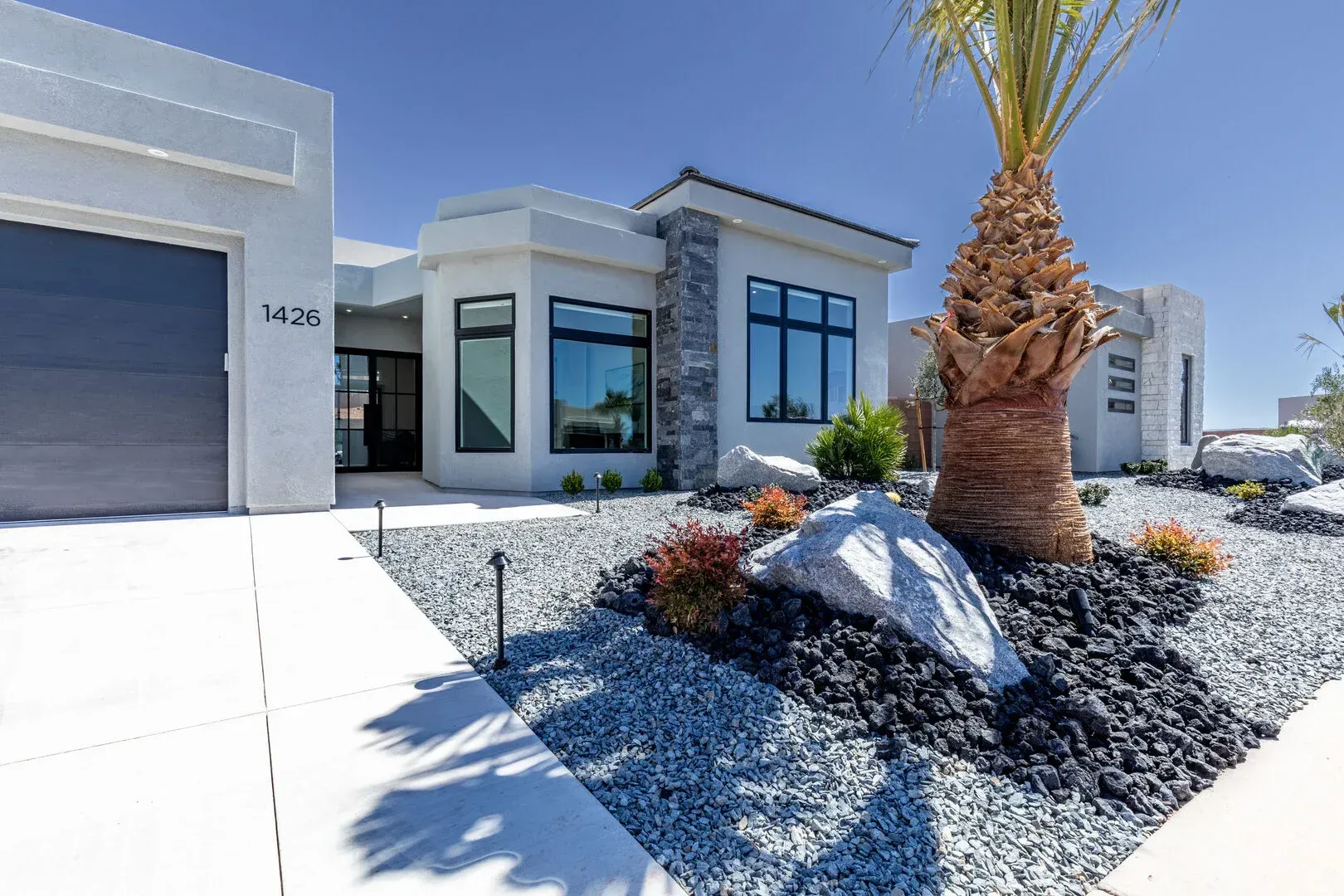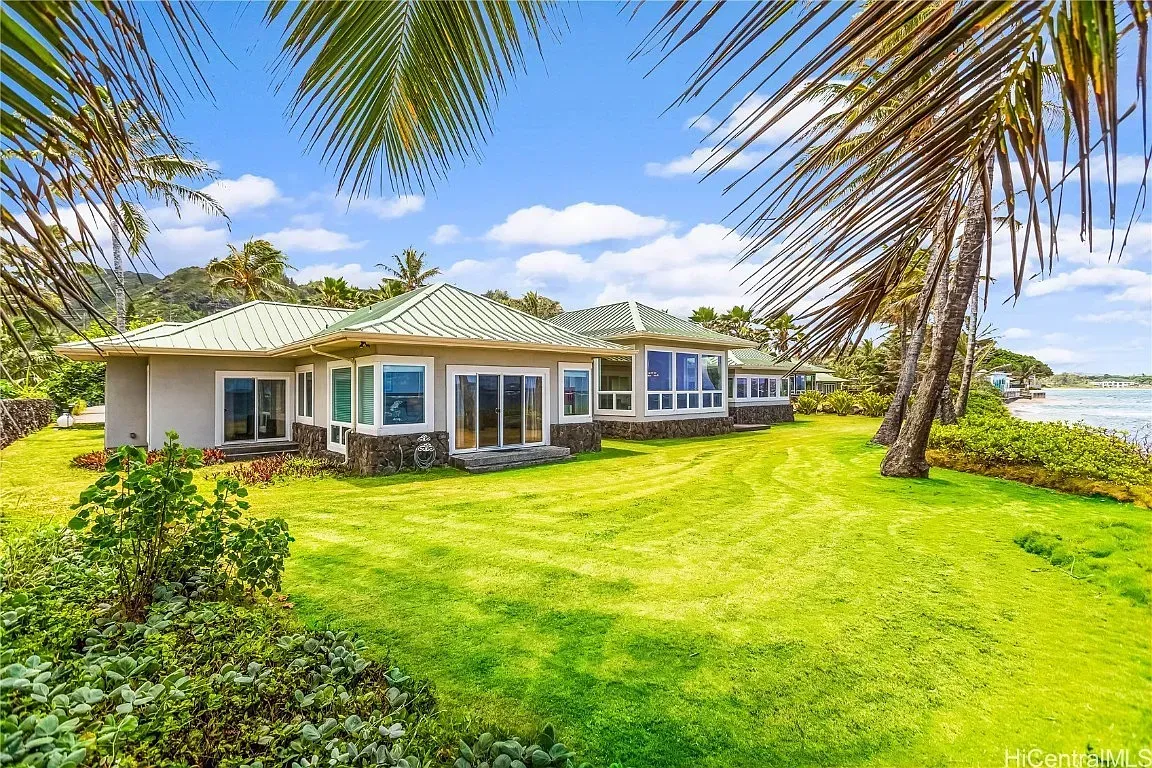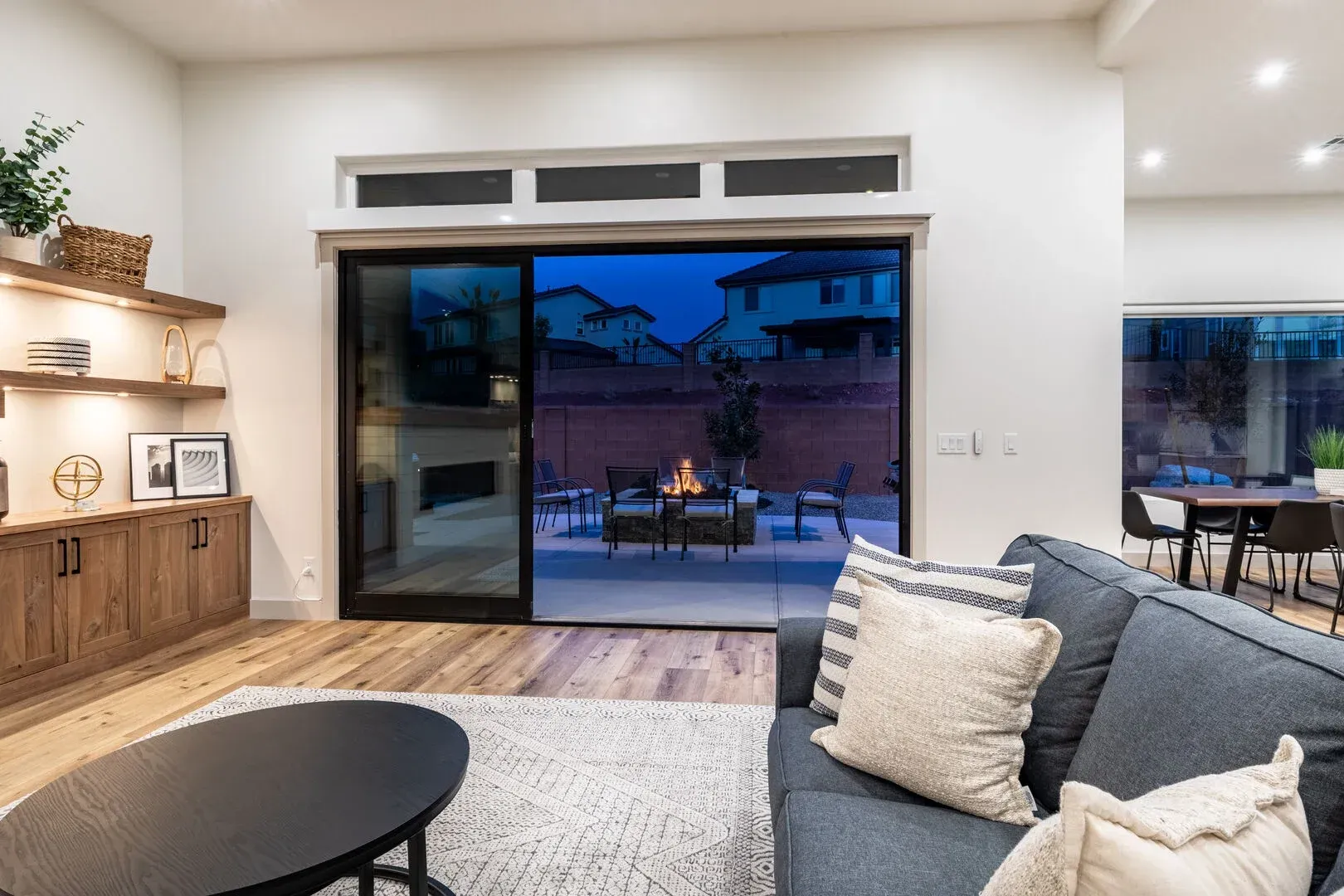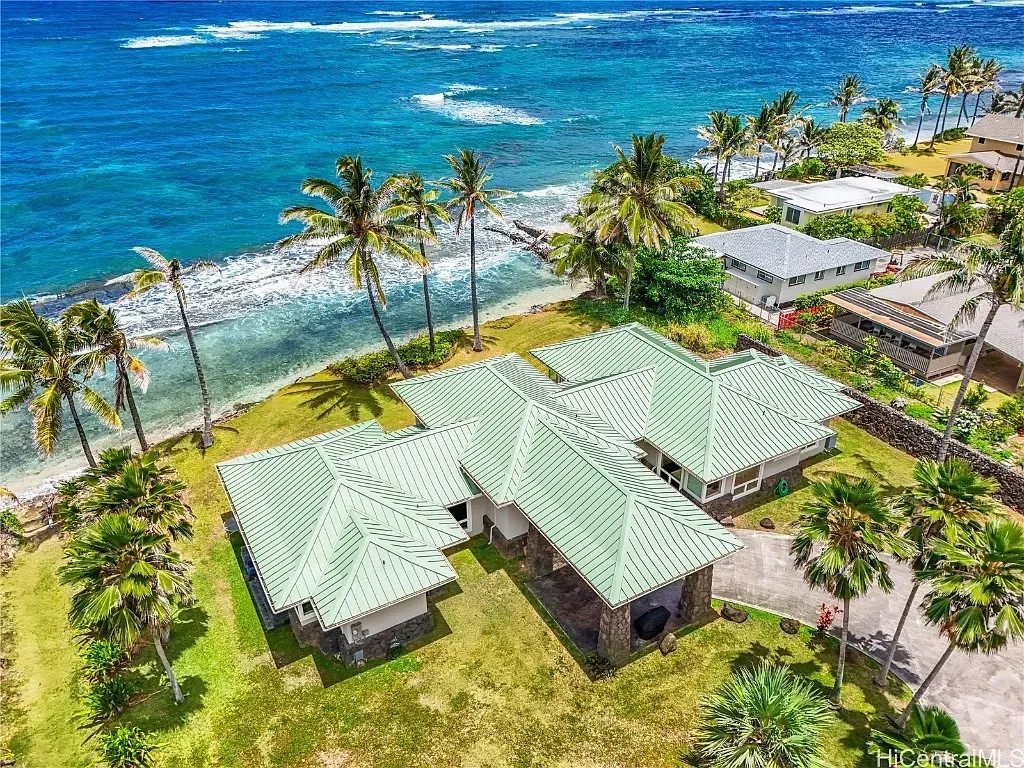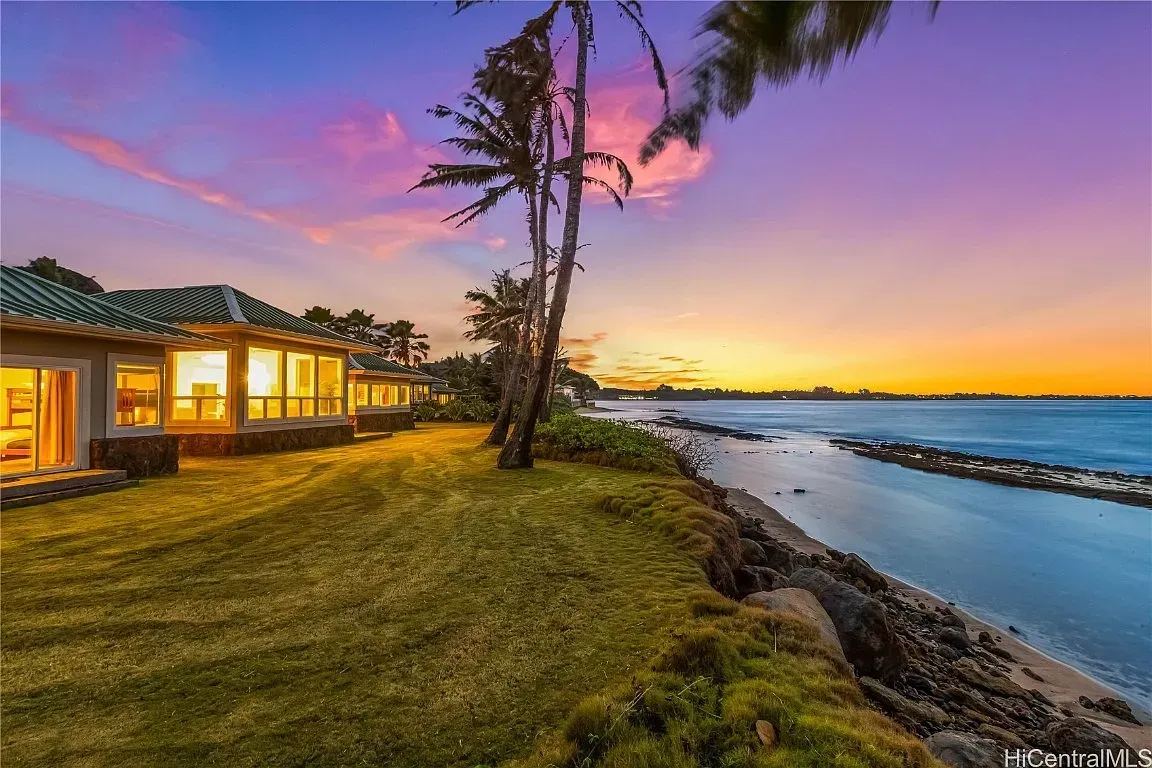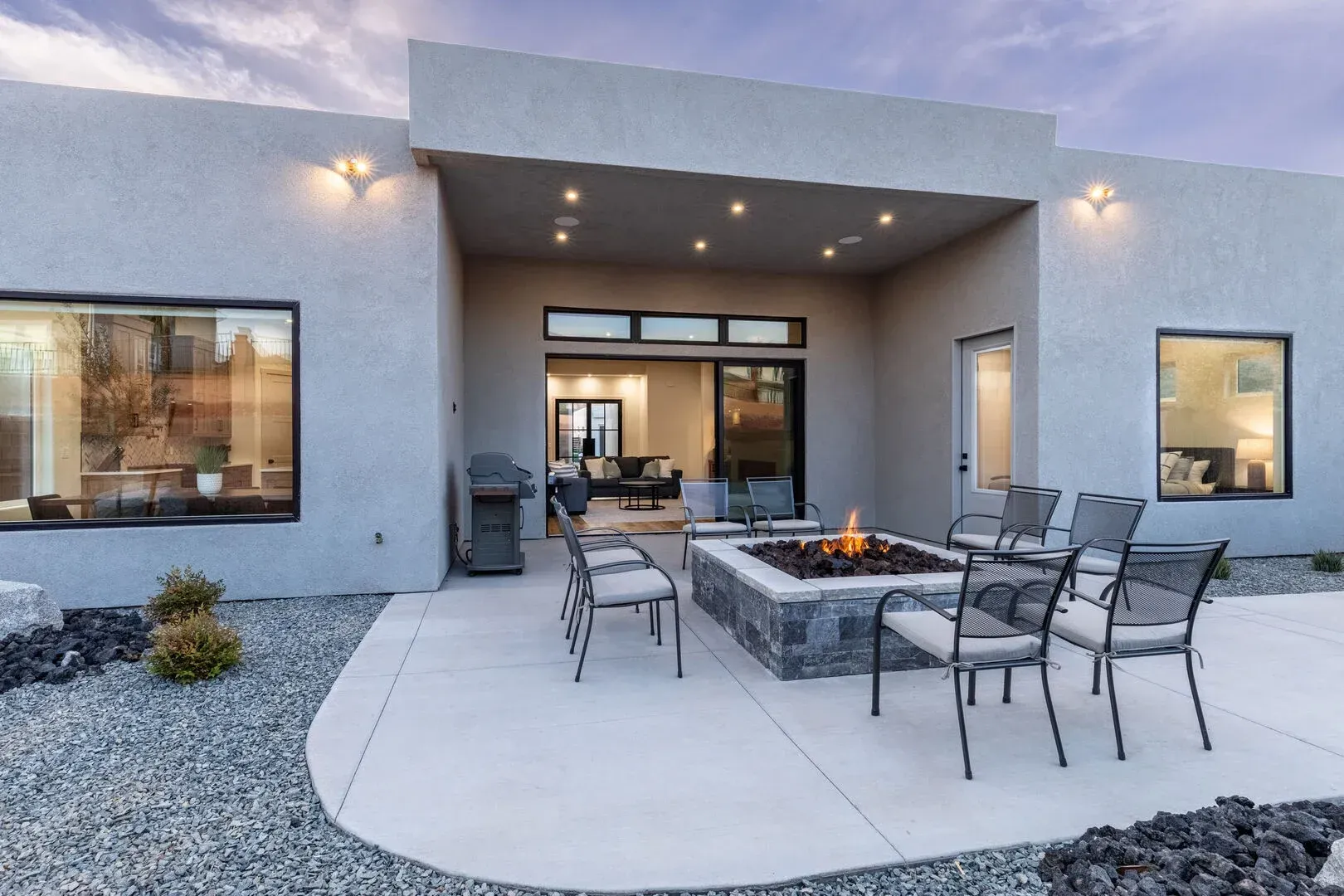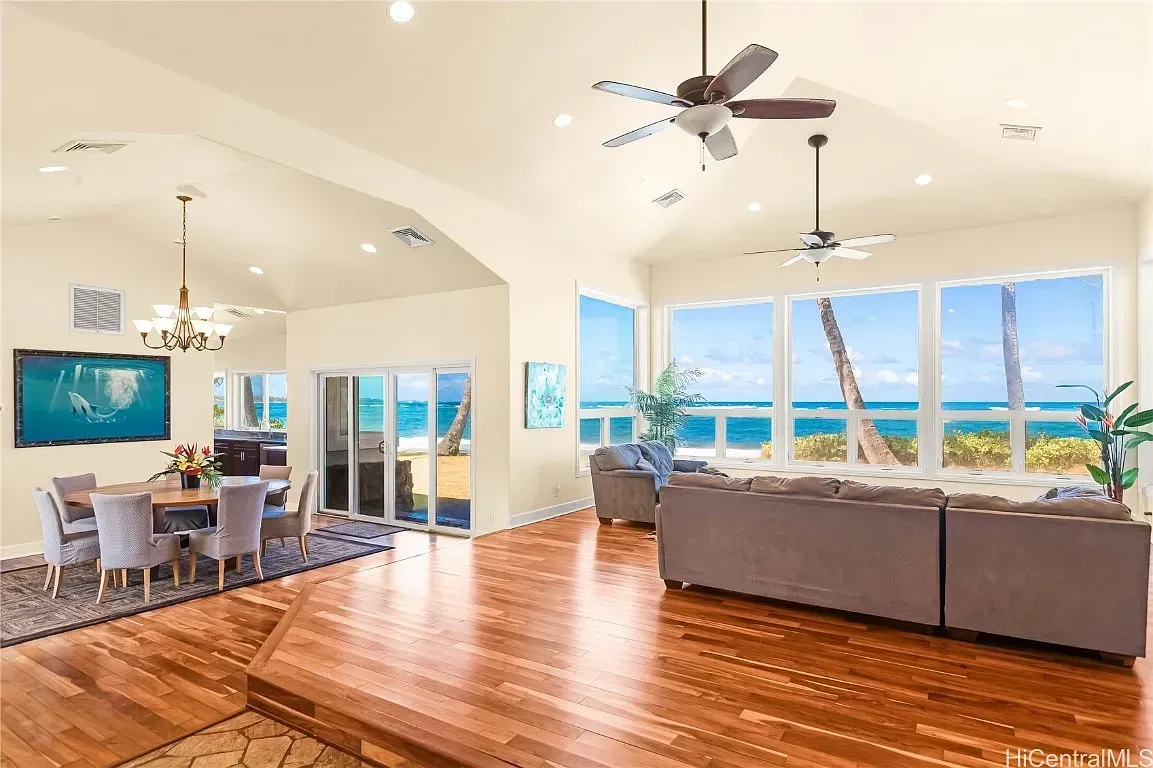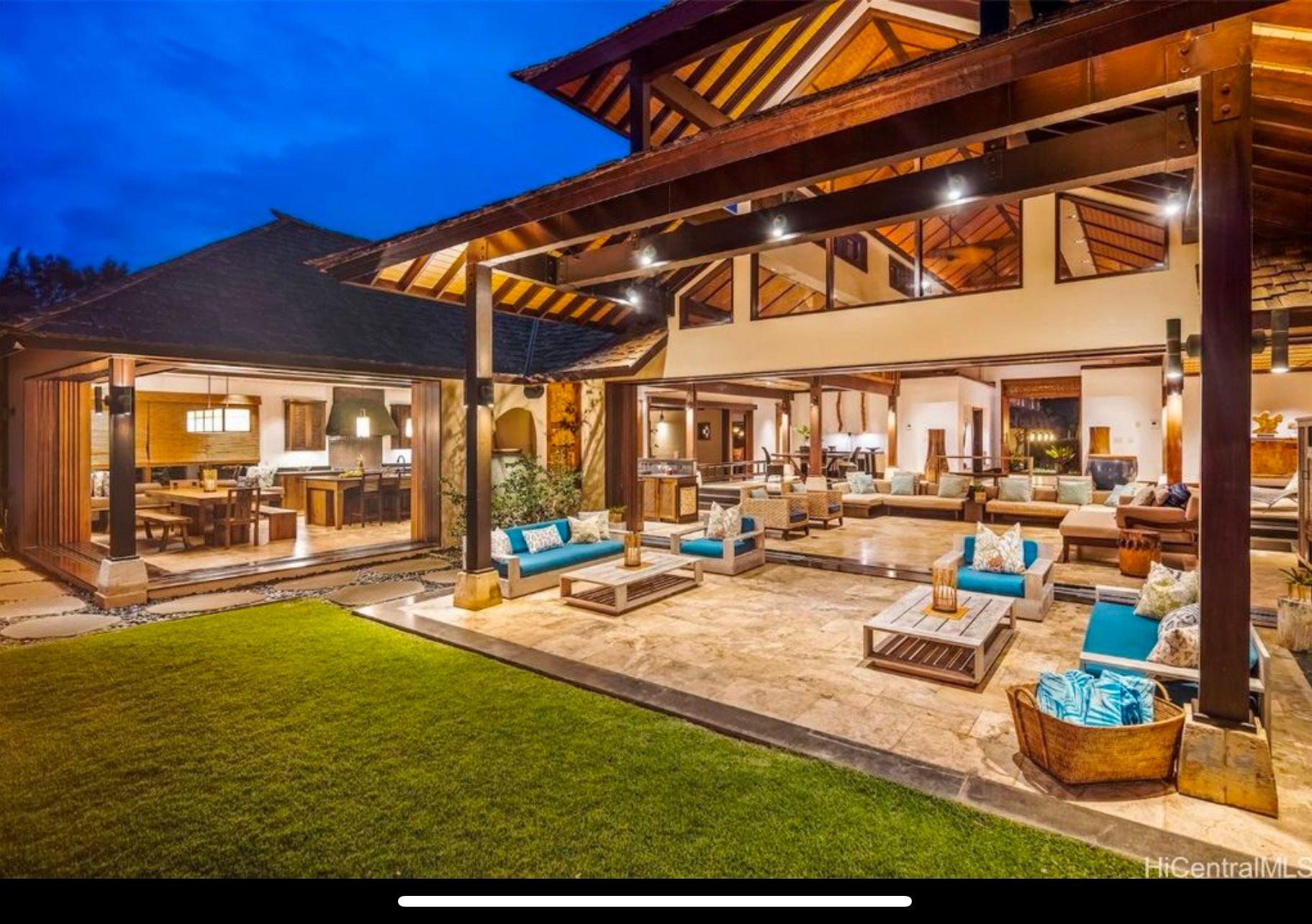How to Own a Vacation Home
A vacation home is a secondary residence that individuals or families use for leisure or holiday purposes. Vacation homes are typically located in desirable locations such as beachfront properties, mountain retreats, or popular tourist destinations. They provide a retreat from everyday life and offer a place to relax and unwind.
Owning a vacation home is a dream for many people. The idea of having a place to escape whenever you need a break from the hustle and bustle of everyday life is incredibly appealing. However, buying a vacation home is a big decision that requires careful consideration and planning. In this blog post, we will discuss how to own a vacation home the benefits of owning it, as well as some key factors to consider before taking the plunge. Whether you're thinking about buying a beachfront retreat, a cozy mountain cabin, or a lakeside cottage, this post will provide you with valuable insights to help you make an informed decision.
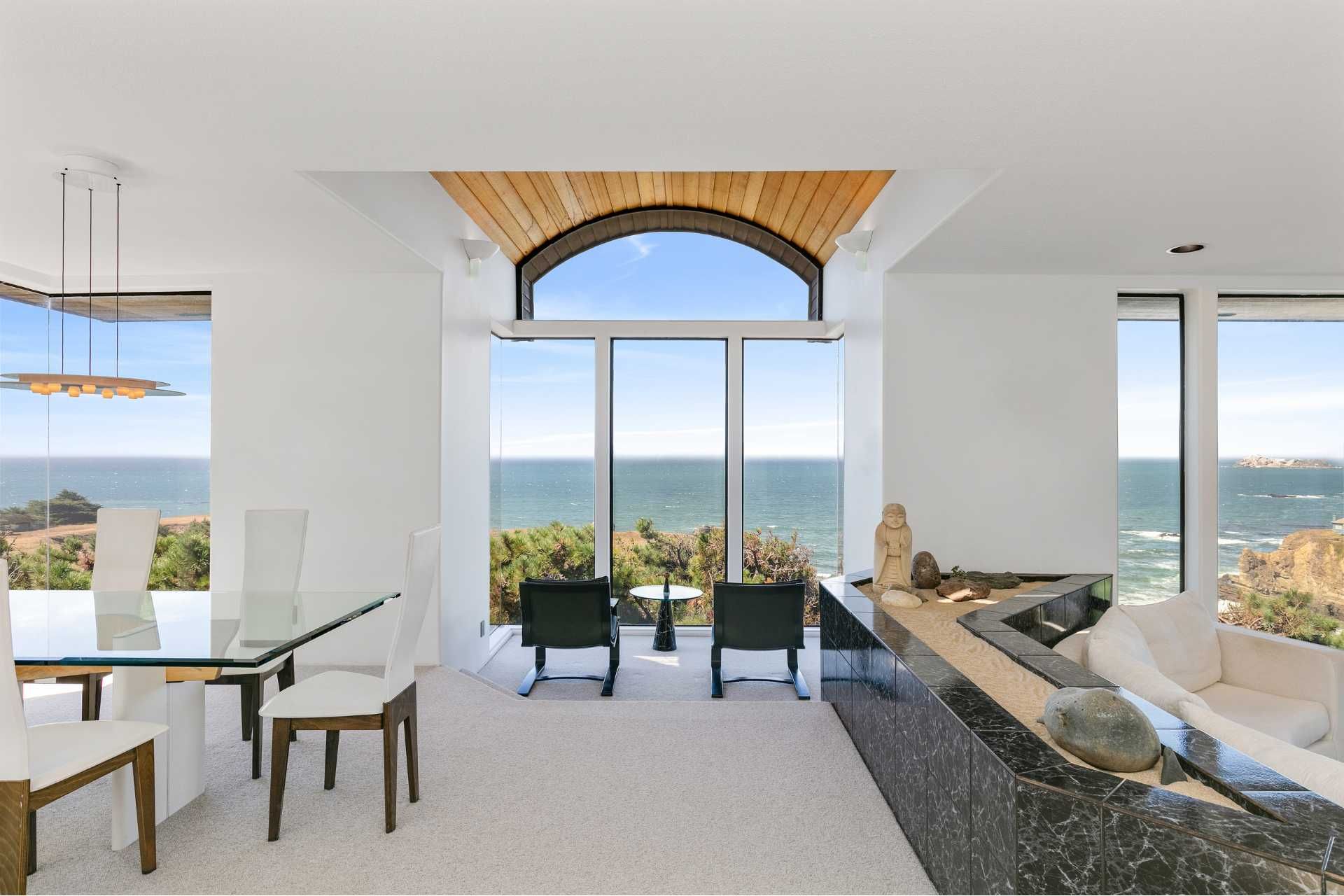
Things To Keep In Mind Before Buying A Vacation Home
1. Location: Consider the location of the vacation home in terms of accessibility, amenities, and surroundings. Make sure it is in a desirable area that suits your preferences and lifestyle.
2. Budget: Determine your budget for buying and maintaining a vacation home. Factor in not just the purchase price, but also ongoing costs such as property taxes, insurance, maintenance, and utilities.
3. Rental potential: If you plan to rent out the vacation home when you're not using it, consider its rental potential. Look into rental demand in the area, rental rates, and any regulations or restrictions on vacation rentals.
4. Maintenance and upkeep: Keep in mind that owning a vacation home comes with responsibilities for maintenance and upkeep. Consider whether you have the time, resources, and willingness to properly maintain the property.
5. Financing: Explore your financing options for buying a vacation home, including traditional mortgage loans, home equity loans, or cash purchase. Consider the interest rates, terms, and implications for your financial situation.
6. Tax implications: Consult with a tax advisor to understand the tax implications of owning a vacation home, including property taxes, rental income, and deductions. Be prepared for potential costs and benefits related to taxes.
7. Insurance: Make sure to obtain adequate insurance coverage for your vacation home, including property insurance, liability insurance, and possibly flood or hurricane insurance depending on the location.
8. Long-term plans: Consider your long-term plans for the vacation home, whether it is a short-term investment, a retirement destination, a family legacy, or a combination of uses. Think about how the property fits into your overall financial and lifestyle goals.
9. Property management: If you plan to rent out the vacation home or use it as a second home, consider whether you will manage the property yourself or hire a property management company. Evaluate the costs and benefits of different management options.
10. Legal considerations: Be aware of any legal considerations related to owning a vacation home, such as zoning regulations, homeowners' associations rules, rental restrictions, and local laws. Make sure you are compliant with all legal requirements.
Steps on How to Own a Vacation Home
If you're considering buying a vacation home, here are some steps to help you make it a reality:
Determine your budget
Consider how much you can afford to spend on a vacation home. This should include the purchase price, property taxes, maintenance costs, and any additional expenses.
Choose the location
Decide on where you want your vacation home to be located. Consider factors such as proximity to amenities, activities, and attractions. You may also want to think about whether you want a beachfront property, a mountain cabin, or a lakeside retreat.
Research the market
Look at the real estate market in the area you are interested in purchasing a vacation home. Consider factors such as property values, rental potential, and market trends.
Work with a real estate agent
A local real estate agent can help you find the right vacation home for your needs. They can provide guidance on the best properties available and help you navigate the buying process.
Consider financing options
Depending on your financial situation, you may need to explore different financing options for purchasing a vacation home. This could include a traditional mortgage, a home equity loan, or financing through a vacation home rental program.
Think about rental potential
If you are considering renting out your vacation home when you are not using it, consider factors such as demand, rental rates, and property management options. Renting out your vacation home can help offset costs and generate income.
Manage maintenance and upkeep
Owning a vacation home requires ongoing maintenance and upkeep. Consider hiring a property management company to handle maintenance tasks, repairs, and rental management if you plan on renting out the property.
Enjoy your vacation home
Once you have purchased your vacation home, make the most of it by spending quality time with family and friends, exploring the area and relaxing in your home away from home.
Benefits of Owning a Vacation Home
- Personal enjoyment: owning a vacation home provides you with a place to escape to whenever you need a break from your everyday routine. It allows you to create lasting memories with friends and family in a familiar and comfortable environment.
- Potential rental income: when you're not using your vacation home, you can rent it out to others to generate extra income. This can help offset the costs of owning a second property and even turn a profit.
- Appreciation in value: vacation homes in popular tourist destinations often appreciate in value over time, making them a good investment. You may be able to sell your vacation home for a profit in the future.
- Tax benefits: owning a vacation home can offer tax advantages, such as deducting mortgage interest, property taxes, and other expenses related to the property.
- Flexibility: having a vacation home gives you the flexibility to travel on your own schedule, without having to worry about booking accommodations or finding a rental property that meets your needs.
- Home away from home: having a vacation home provides you with a sense of stability and comfort while traveling. You can personalize the space to reflect your preferences and create a home away from home.
- Retirement option: owning a vacation home can serve as a potential retirement option, allowing you to eventually transition into full-time living in your favorite destination.
- Potential for passive income: if you choose to rent out your vacation home, it can provide a steady source of passive income that can supplement your regular income or retirement savings.
Own a Vacation Home with Homes in Shares
Homes in Shares has a unique vacation home ownership program that allows individuals to own a vacation home with other like-minded owners. Each owner purchases a share of the home, entitling them to use the property for a certain amount each year.
Owning a vacation home with Homes in Shares allows for flexibility in vacation planning, as owners can trade or sell their allotted time at the property with other owners. This means that you can enjoy a different vacation destination each year without the hassle of managing multiple properties.
You can
contact Homes in Shares by visiting their website at www.homesinshares.com or call us at (801) 668-4906 to learn more about our vacation homeownership opportunities and how to get started on your journey.
Homes in Shares Details
Address: 54-327 Kamehameha Hwy #1B, Hauula, HI 96717
Phone: (801) 668-4906
Email:
info@homesinshares.com
Navigation Links
All Rights Reserved | Homes in Shares

